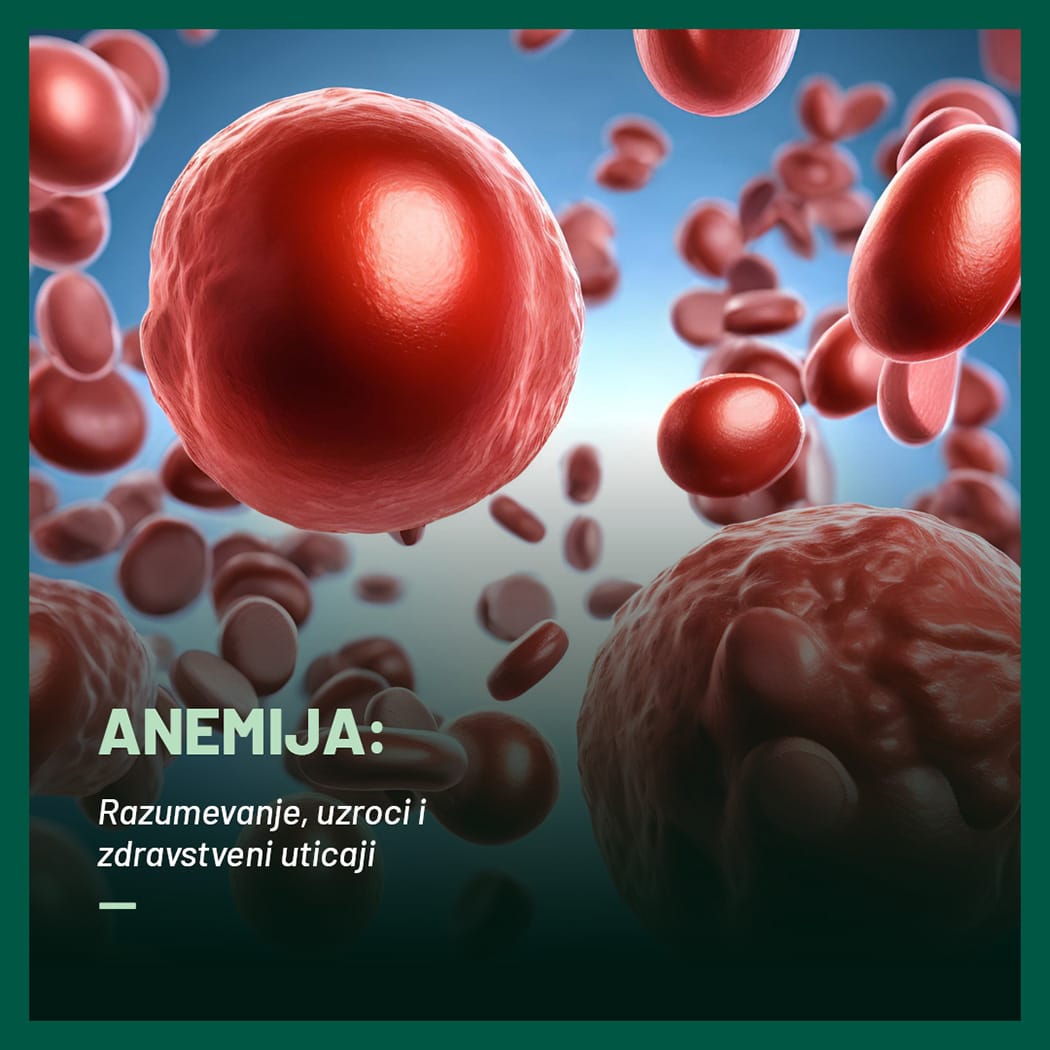Anemia: Understanding, Causes, and Health Impacts

Anemia is a condition characterized by a reduction in the number of red blood cells or hemoglobin in the blood, which
can lead to a decreased capacity of the blood to transport oxygen to tissues. This condition can have
significant health consequences and can arise from various causes. Red blood cells, or erythrocytes, are
responsible for transporting oxygen from the lungs to all parts of the body, and hemoglobin, a protein found in these
cells, enables oxygen binding. When hemoglobin levels fall below normal,
anemia occurs. There are several types of anemia, the most common of which include iron-deficiency anemia,
vitamin B12 deficiency anemia, folic acid deficiency anemia, aplastic anemia, and
hemolytic anemia.
Causes of Anemia
The causes of anemia are diverse and often intertwined. Nutrient deficiencies such as iron, vitamin
B12, and folic acid can significantly impact red blood cell production. Additionally, chronic diseases
like chronic kidney disease or rheumatoid arthritis can hinder this production. Genetic factors,
such as inherited disorders, can also play a role, as can certain infections that affect the body’s
ability to produce blood cells.
Symptoms
Symptoms of anemia vary from person to person, but some of the most common include fatigue, weakness, shortness of breath,
increased heart rate, pale skin, cold hands and feet, and dizziness. In more severe cases,
anemia can lead to more serious health problems, including heart disease. To
diagnose anemia, doctors typically begin by examining the patient, asking about symptoms,
medical history, and diet, followed by tests such as a complete blood count, iron tests, and
tests for vitamin B12 and folic acid.
Treatments for Anemia
Anemia treatment depends on the cause. Dietary changes, including consuming foods rich in iron,
vitamin B12, and folic acid, are often the first step. Taking supplements, such as iron or
vitamins, can be crucial for returning to a normal state. Furthermore, treating the underlying disease can
significantly improve the condition, for example, controlling diabetes or chronic kidney disease. In more severe
cases, blood transfusions may be necessary to rapidly increase the number of red blood cells, as well as
the use of medications that stimulate red blood cell production in the bone marrow.
Interestingly, barley juice can be very beneficial in the treatment and prevention of anemia. It is rich in
nutrients, especially iron, vitamins, and minerals that support blood health.
Research has shown that regular consumption of barley juice can increase hemoglobin levels and improve
overall health. According to a study published in the “International Journal of Food
Sciences and Nutrition,” barley juice consumption is associated with an increase in hemoglobin levels by
as much as 19% in individuals with mild forms of anemia. This beverage not only contains iron but also vitamin C,
which enhances iron absorption, making it an ideal dietary supplement for individuals struggling with
anemia.
Conclusion
Anemia is a serious condition that can have long-term health consequences if left untreated.
Understanding its causes, symptoms, and treatment methods is crucial for managing this condition. Consuming
barley juice as a dietary supplement can be an effective way to improve hemoglobin levels and overall
health, especially for individuals struggling with anemia. A proper dietary approach, regular check-ups, and awareness of
health needs can significantly aid in the prevention and treatment of anemia.










